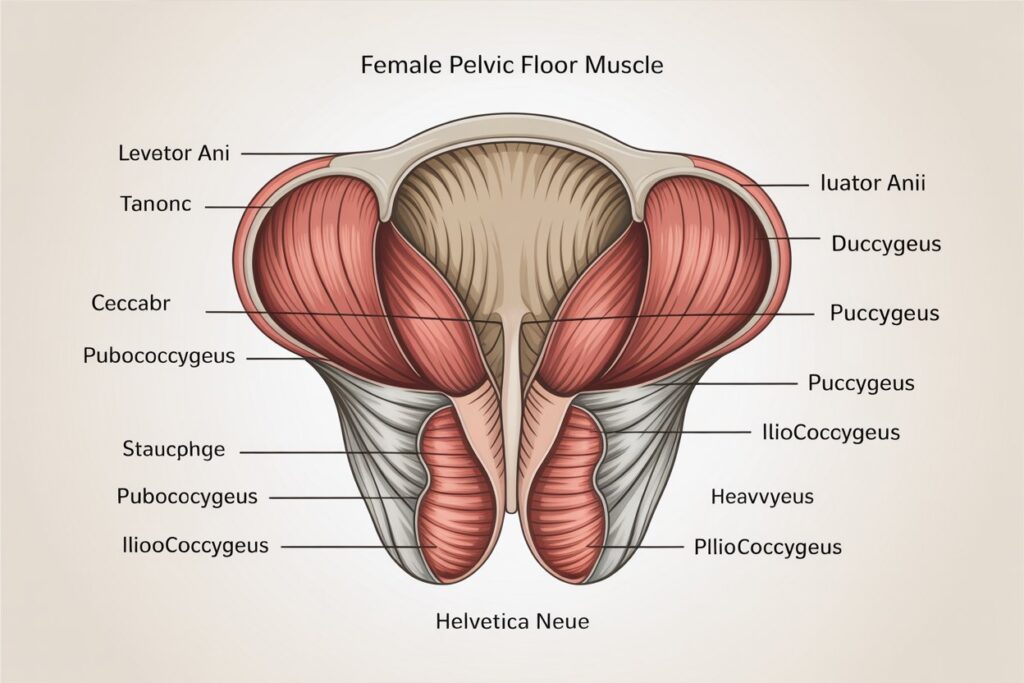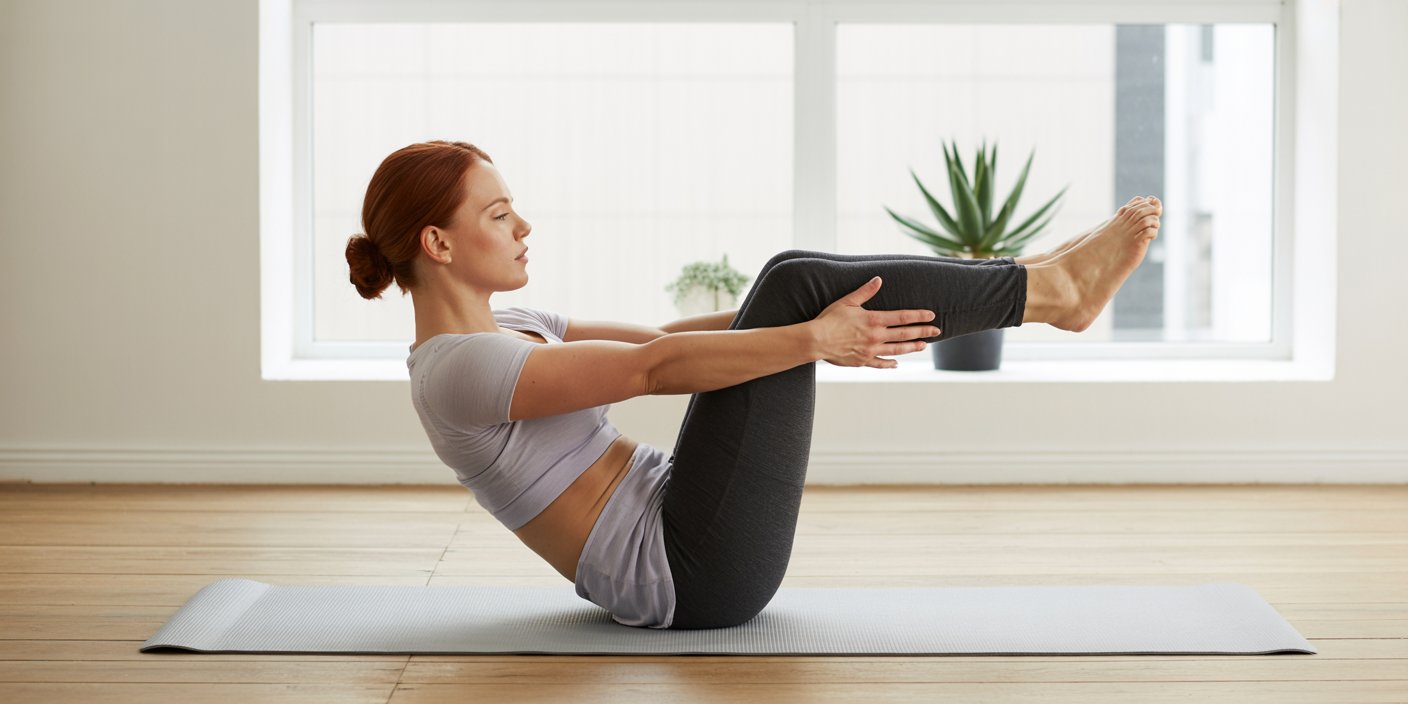Strengthening your pelvic floor muscles isn’t just for post-pregnancy recovery—it’s essential for core stability, bladder control, and overall health. Whether you’re looking to improve intimacy, prevent leaks, or support your posture, these daily pelvic floor exercises can make a real difference.
1. What Are Pelvic Floor Muscles?

The pelvic floor is a group of muscles and ligaments that support the bladder, uterus, and bowel. Strengthening these muscles helps prevent incontinence and improves core function.
2. How to Know If You Have a Weak Pelvic Floor

Symptoms include bladder leaks, lower back pain, and a sensation of heaviness in the pelvis. Women post-childbirth, post-menopause, or after weight fluctuations may notice a decrease in muscle tone.
3. Benefits of Pelvic Floor Exercises

Regular pelvic floor training can improve bladder control, enhance sexual function, boost core strength, reduce pelvic organ prolapse risk, and aid postpartum recovery.
4. Kegel Exercises (Basic Contractions)

Tighten and hold the pelvic floor muscles for 5 seconds, then release. Repeat 10 times, three times a day. Avoid engaging your abs or glutes while doing this.
5. Bridge Pose with Pelvic Activation

Lie on your back with knees bent, feet flat. As you lift your hips into a bridge, engage your pelvic floor muscles. This yoga-inspired move builds strength and stability.
6. Squats with Pelvic Floor Focus

Stand with feet hip-width apart. As you lower into a squat, tighten your pelvic floor muscles. Rise back up while maintaining the contraction, then release.
7. Deep Core Breathing (Diaphragmatic Breathing)

Inhale deeply through the nose, expanding your belly. As you exhale, gently lift your pelvic floor. This exercise improves awareness and control.
Frequently Asked Questions (FAQs
Q1: How often should I do pelvic floor exercises?
Daily practice is recommended—aim for at least 3 sets of Kegels and other movements.
Q2: Can I overdo pelvic floor training?
Yes, overtraining may lead to tight muscles, so balance is key. Focus on controlled, relaxed repetitions.
Q3: Do pelvic floor exercises really help with incontinence?
Absolutely. Studies show consistent practice significantly reduces urinary leakage.
Q4: Are these exercises safe during pregnancy?
Yes, pelvic floor exercises are highly recommended during and after pregnancy. Consult your healthcare provider first.
Q5: When will I start seeing results?
You may notice improvements within a few weeks, but significant changes can take 6–8 weeks of consistent practice.



